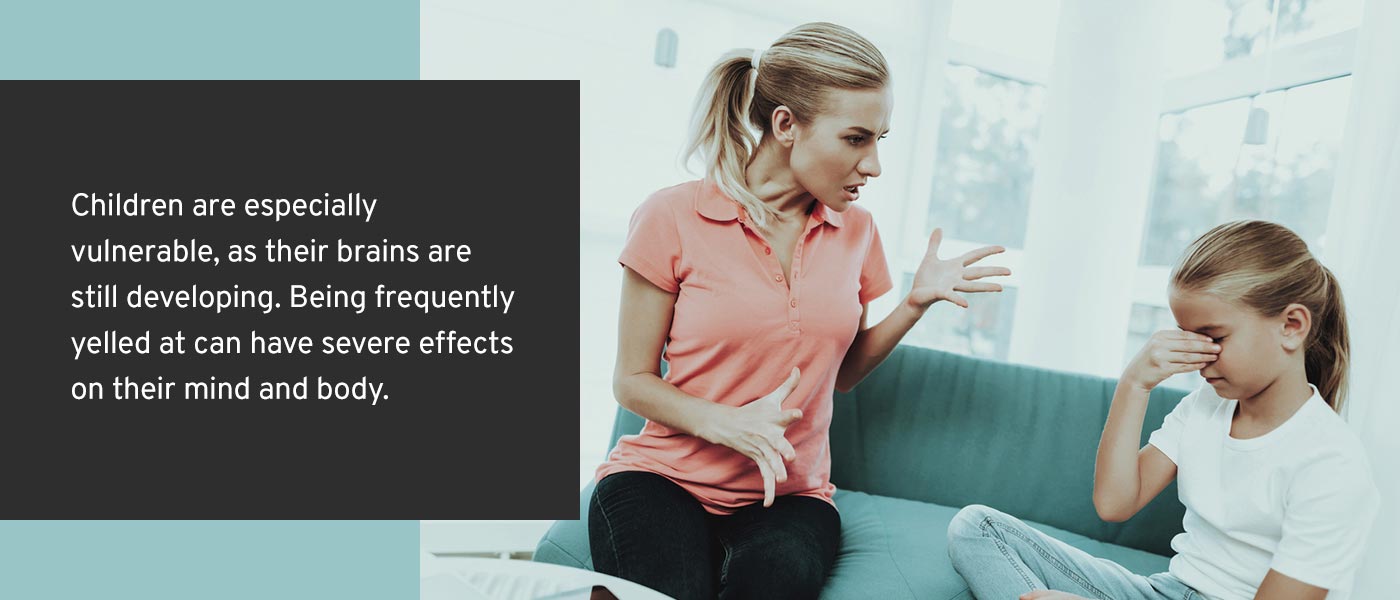- Abuse & The Abuser
- Achievement
- Activity, Fitness & Sport
- Aging & Maturity
- Altruism & Kindness
- Atrocities, Racism & Inequality
- Challenges & Pitfalls
- Choices & Decisions
- Communication Skills
- Crime & Punishment
- Dangerous Situations
- Dealing with Addictions
- Debatable Issues & Moral Questions
- Determination & Achievement
- Diet & Nutrition
- Employment & Career
- Ethical dilemmas
- Experience & Adventure
- Faith, Something to Believe in
- Fears & Phobias
- Friends & Acquaintances
- Habits. Good & Bad
- Honour & Respect
- Human Nature
- Image & Uniqueness
- Immediate Family Relations
- Influence & Negotiation
- Interdependence & Independence
- Life's Big Questions
- Love, Dating & Marriage
- Manners & Etiquette
- Money & Finances
- Moods & Emotions
- Other Beneficial Approaches
- Other Relationships
- Overall health
- Passions & Strengths
- Peace & Forgiveness
- Personal Change
- Personal Development
- Politics & Governance
- Positive & Negative Attitudes
- Rights & Freedom
- Self Harm & Self Sabotage
- Sexual Preferences
- Sexual Relations
- Sins
- Thanks & Gratitude
- The Legacy We Leave
- The Search for Happiness
- Time. Past, present & Future
- Today's World, Projecting Tomorrow
- Truth & Character
- Unattractive Qualities
- Wisdom & Knowledge
Truth & Character Thursdays
Yelling
Do you tend to be a yeller? I wouldn’t say that my nature is to yell, but there are certain things that definitely can easily provoke that in me.
I would say that yelling, almost exclusively, is not an attractive quality.
I grew up in a home where we were always told that we could say what we needed to say but we needed to say it respectfully. This created an environment where there was very little yelling. Yes, we disagreed and had arguments, but yelling was not how we resolved issues. We talked about them in a respectful manner.
It all sounds easy but the reality is that treating others with respect requires a lot of intentionality and learning how to regulate your own emotions. When we end up frustrated or triggered, it’s easy to have your first response be getting louder and louder until eventually you are yelling.
I know because I currently have small children and when they do not listen, I find it can be so easy to just get louder. Unfortunately, getting louder and yelling doesn’t actually provide better results. It just makes for a louder, more chaotic environment.
Now, don’t get me wrong, I definitely believe in disciplining my children and sometimes that means using a stern voice. But my children are learning to listen when I say something the first time, otherwise there are consequences to not listening and obeying (this is a process haha).
So if you find yourself in an environment where yelling is the norm, I would encourage you to start learning different ways of communicating that are more effective.
Interesting Fact #1
Children do better when they are calm. The calmer and more connected the caregiver, the calmer and more secure the child. And the healthier it is for the child's brain and body. Knowing this, here are some things all parents can remember to help young brains develop well, by ensuring our children feel safe and secure.
Interesting Fact #2
When you’re a parent, it’s not easy to control your temper or realize when you’ve crossed the line into verbal abuse. There is a slippery slope between being a strict disciplinarian and traumatizing a young brain. A little awareness goes a long way. Being aware of one’s behavior, listening to our tone of voice and choice of words and watching our body language will keep us in check. Little children, who can act tough, defiant or even indifferent to our actions, are still vulnerable to trauma.
Interesting Fact #3
Our own childhood experiences—wonderful, horrible and everything in between—need to be remembered and honored. And we can all strive to help ourselves and our families evolve for the better: to increase the best, gentle experiences we received as children and reduce the painful ones.
Quote of the day
“...yelling doesn't make a thing any more possible.” ― Angie Sage
Article of the day - Psychological Effects of Yelling
It’s normal for parents to get upset with their children, especially if they are misbehaving. But how they express their frustration can significantly impact their child’s brain development and long-term health.
Table of Content:
- How Does Yelling Affect a Child’s Brain?
- Short- and Long-Term Effects of Yelling
- Long-Term Effects of Yelling in Adult Relationships
Yelling has an impact on adult relationships as well and affects people both mentally and physically. While these symptoms can be quite distressing, there are ways to get help and enjoy a healthier, happier life. Keep reading to learn the psychological effects of being yelled at and how to get help if you’ve been on the receiving end of verbal abuse.
How Does Yelling Affect a Child’s Brain?
Yelling and other harsh parenting techniques can change how a child’s brain develops. This results in humans processing negative information more quickly and thoroughly than positively. Magnetic resonance imaging (MRI) scans of people who experienced parental abuse reveal noticeable differences in the parts of the brain that process language, sounds, emotions and memory.
When a harsh environment triggers our fear as children, physical reactions can cause traumatic stress. We may hear our parent’s voices even when they are not physically present, influencing how we react to anything that makes us feel threatened, from loud and angry voices to dismissive gestures.
Being frequently yelled at as a child can even impact how we think and feel about ourselves in adulthood. In fact, being yelled at increases the activity of the amygdala in the brain. Studies show that an overactive amygdala can cause stress, which plays a significant role in developing depression. As a result, exposure to frequent yelling in childhood can cause us to interpret ourselves and the world negatively. It can also lead to various mental health symptoms.
Family counseling can be beneficial in these situations, whether you’re a parent or experiencing the effects of verbal abuse. Mental health professionals can help you improve communication, solve problems and deepen your family connection.

Short- and Long-Term Effects of Yelling
Children are especially vulnerable, as their brains are still developing. Being frequently yelled at can have severe effects on their mind and body:
1. Yelling Worsens Behavior Problems
While a parent’s first thought might be that yelling will deter their child from misbehaving, it could create more issues. In fact, yelling can make their child’s behavior even worse. This can create a cycle of yelling more and more as they attempt to correct the behavior.
Children frequently yelled at may believe their parent is attacking their personality rather than the behavior. This can cause them to act out and continue doing things their parent disapproves of. When a toddler is yelled at, they likely won’t understand why it’s happening. Instead, they’ll absorb that frustration and anger, ultimately harming their development.
2. Yelling Can Lead to Depression
As mentioned above, while children may feel scared, upset or hurt when yelled at, verbal abuse can cause mental health issues that carry into adulthood. Many studies show a strong connection between emotional abuse and depression or anxiety. These symptoms can worsen behavior and even cause self-destructive habits, like substance misuse or risk-taking behaviors.
Other psychological effects of being yelled at include:
- Anxiety
- Moodiness
- Shame
- Frequent crying
- Fear
- Guilt
- Withdrawal from the parent
- Confusion
- Powerlessness or hopelessness
3. Yelling Causes Physical Health Problems
Research shows that experiencing significant stress as a child can impact our long-term physical health. Our experiences growing up shape us in many ways. We may not even realize how certain childhood situations affect us later in life.
Chronic stress in childhood can contribute to long-term problems for the heart and blood vessels. Consistent and ongoing stress increases the heart rate, elevating stress hormones and blood pressure levels, taking a toll on the body.
Children exposed to frequent stressful situations have been shown to have higher cortisol levels. This increases their risk of common childhood diseases like asthma, dermatitis and viral infections.
4. Yelling Can Cause Chronic Pain
There’s a strong connection between adverse childhood experiences like verbal abuse and the development of chronic conditions. Stress causes our muscles to tense up, leading to migraines and tension in the shoulders, neck and upper and lower back. The long-term effects of yelling can include chronic pain and physical health conditions such as arthritis.
Long-Term Effects of Yelling in Adult Relationships
Adults are also susceptible to the effects of long-term yelling. These effects may not show immediately, but over time, they can lead to the deterioration of the relationship. Luckily, mental health professionals can help you work through these issues in couples counseling and improve your relationship.
The physical and mental effects of long-term yelling in a relationship include:
- Depression: The more you experience yelling in a relationship, the more helpless you feel. You want to fix the issues happening in your relationship but can’t seem to make it work. Helplessness can lead to depression, causing persistent sadness and feelings of worthlessness.
- Fear: The psychological effects of being yelled at in a relationship include fear. You may fear upsetting your partner, leading to a loss of trust and an unhealthy relationship.
- Fractured communication: When adults yell at each other to solve relationship issues, it’s usually a result of poor communication. It’s essential to speak politely and leave the room when overcome with excess frustration and anger.
- Stress: The stress-related psychological effects of being yelled at by a spouse include high blood pressure, headaches and heart issues.
- Low self-esteem: Studies show verbal abuse causes self-esteem problems and harms mental health. You may start to believe your feelings and boundaries don’t matter to your partner and experience humiliation when yelled at.
- Anxiety: One of the psychological effects of being yelled at by a partner is anxiety. Anxiety can result in an increased heart rate, hyperventilation or panic attacks due to being yelled at.
- Post-traumatic stress disorder (PTSD): Being subjected to constant yelling and verbal abuse can cause symptoms of PTSD. Symptoms can include insomnia, feeling the need to be on guard, getting easily startled and displaying self-destructive behavior.
If You’ve Experienced These Effects, We Can Help
If you’ve experienced any of these long-term effects due to parental or relationship verbal abuse, it’s essential to seek help. Mental health professionals can help you work through mental health symptoms, such as depression, anxiety or PTSD. With cognitive processing therapy and other modalities, therapists can help you get to the root of these issues or even work through them in family counseling or couples counseling.
At Taylor Counseling Group, our top priority is to provide high-quality, affordable mental health services. From the minute you enter our clinic, you’ll appreciate a warm environment to voice your concerns and highly trained counselors to help you work toward a happier, healthier future. Many of our counselors even specialize in trauma recovery for children, teens, and adults.
To begin your mental health journey, book an appointment today.

Question of the day - What do you believe is the best way to communicate effectively when in a disagreement?
Unattractive Qualities
What do you believe is the best way to communicate effectively when in a disagreement?










